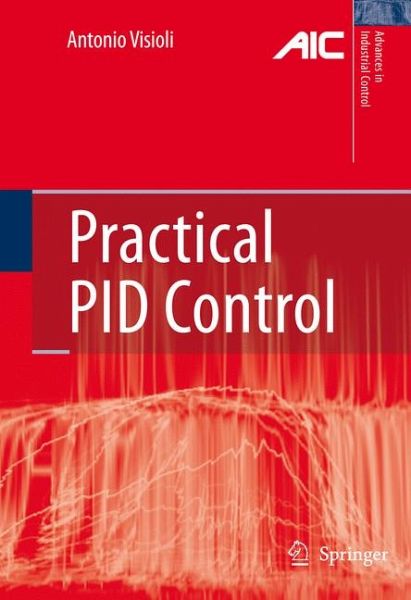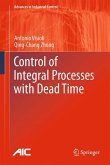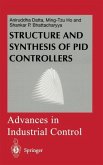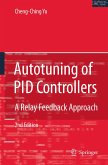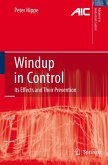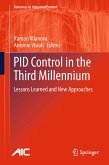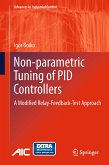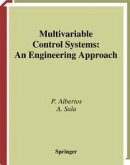"Practical PID Control" focuses on those functionalities that can provide significant improvements in PID performance in combination with parameter tuning. In particular, the choice of filter to make the controller proper, the use of a feedforward action and the selection of an anti-windup strategy are addressed. The choices of identification algorithm and model reduction technique are analysed in the context of model-based PID control. Widely adopted PID-based control architectures (ratio and cascade control) and performance assessment are also covered. Simulation and experimental results are provided better to illustrate the different methodologies and to discuss their pros and cons.
Dieser Download kann aus rechtlichen Gründen nur mit Rechnungsadresse in A, B, BG, CY, CZ, D, DK, EW, E, FIN, F, GR, HR, H, IRL, I, LT, L, LR, M, NL, PL, P, R, S, SLO, SK ausgeliefert werden.

